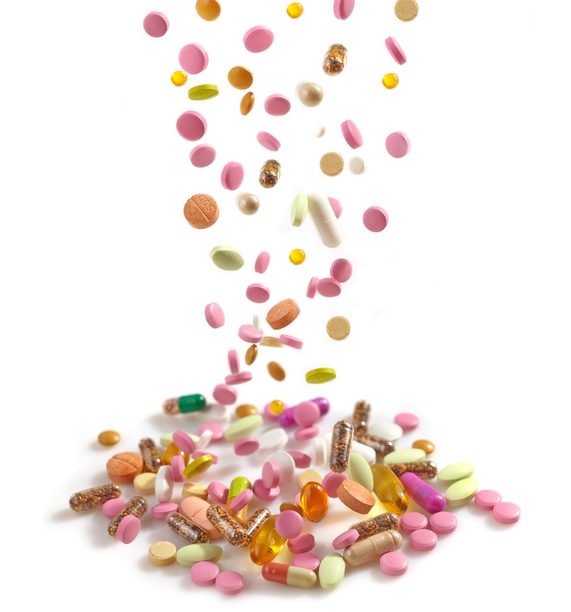Successful Drug Intervention for Xanax Addiction
Xanax is a brand name for alprazolam, which is a type of benzodiazepine used to treat anxiety or panic disorders. Xanax is one of the most prescribed medications in the United States, resulting in countless addictions and drug dependencies across the nation. The drug works by increasing the number of neurotransmitters in the brain to promote calmness and relaxed feeling. It is part of the same benzodiazepine family that includes Valium, Ativan, Klonopin, and Dalmane. The drug is addictive because it decreases abnormal excitement in the brain, and acts on the central nervous system producing a calming effect. Xanax slows down the movement of brain chemicals resulting in a reduction of nervous tension and anxiety. The drug is highly addictive and abused by people of all age groups. Xanax addiction is often part of a larger drug problem unless the user is dependent on the drug because of a long-term prescription.
When an intervention is done for someone who is addicted to Xanax, Newman Interventions will want to gather as much drug history as the family can provide. Xanax is often used in combination with alcohol and other prescription drugs to intensify the effects. There are many dangers associated with abusing these drugs, especially when there are pre-existing health problems. The intervention process may involve helping the addict get to a medical detox before they go to drug rehab. Xanax is also a drug used by alcoholics, and therefore, professional intervention is a successful approach used to help an addict go to treatment.
Does early intervention work with Xanax addiction?
Most prescription drug addicts are in denial about their problem because the drug use is justified with it being a prescription. However, the family will start to notice drug-seeking behavior, such as going through the prescription quickly, doctor shopping, and abusing other drugs to avoid withdrawal. If the family starts to notice any type of drug-seeking behavior, this will be the time to perform an intervention. It is never to early to step in and help someone who is abusing Xanax. Newman Interventions can help the family organize and perform the intervention. Most prescription drug users are still functioning, meaning they are still holding down a job, going to school, and maintaining other responsibilities in life. These are all barriers that an addict will use not to go to treatment, and a certified interventionist will help the family break these barriers down. The intervention process is only successful if the family sticks with the bottom line, and follows through with the consequences if the addict refuses treatment.
Xanax Addiction in America
Prescription drug misuse in the county varies by age, gender, and other factors. Xanax and other drugs like it are easily accessed, and most users get them from someone they know, such as family or friends. The abuse of prescription drugs is highest among adults ages 18 to 25, however, more than 80% of older adult’s ages 57 to 85 use at least one prescription medication daily. It is also estimated that around 50% of older adults take more than five prescription medications daily. Drug intervention with older adults is a difficult process when done without the help of a professional interventionist. They are often more resistant to going to treatment and wanting to be away from home to get the help they need. However, Newman Interventions can help you locate a suitable drug and alcohol treatment program for older adults. Intervention is successful, and because prescription drugs such as Xanax are widely abused throughout the country, it is essential to catch the problem before it spirals out of control.
Works cited
About Xanax – Sept 10/19
Prescription drug misuse – Sept 10/19
Saving a Life Starts Here
Learn more about our method for successful intervention. Contact us today for a free, confidential consultation with an Intervention Counselor.
Please fill out the form and download your copy of the 25 tips for Successful Intervention






